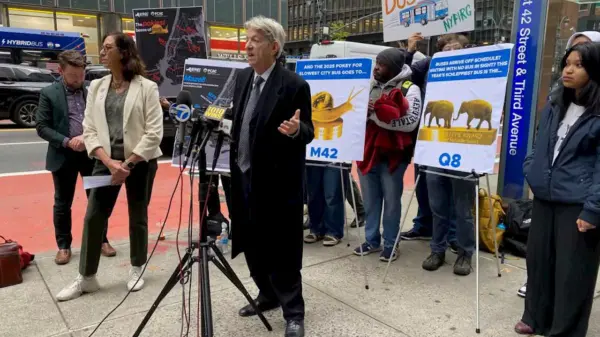As global leaders accelerate efforts to implement central bank digital currencies (CBDCs), concerns about potential implications for individual freedoms are intensifying. A CBDC is a digital currency issued directly by a nation’s central bank, such as the Federal Reserve in the United States, the European Central Bank in the eurozone, and the Bank of England in the United Kingdom. Critics warn that the introduction of CBDCs could lead to unprecedented levels of state control over everyday transactions.
The conversation surrounding CBDCs is not merely theoretical. Several nations are advancing their plans, with a significant number of countries actively exploring the potential for implementing these digital currencies. According to a study by the Atlantic Council, as of last year, **134 countries** were pursuing CBDCs, with nearly half of them at an advanced stage in the process. This includes initiatives from the Biden administration towards an American CBDC, although a bill passed by the House of Representatives in May 2024 seeks to prevent the Federal Reserve from launching one.
Richard A. Werner, an economist educated at Oxford, has voiced strong reservations regarding the implications of CBDCs. In a recent interview, he remarked, “The push for CBDCs is the final step in a multi-decade program by central planners to increase their power over the people and over countries.” He emphasized that the control afforded by CBDCs might surpass what has been seen in historical authoritarian regimes. Werner warned of a future where individual freedoms are significantly curtailed, with decisions about spending and access to funds dictated by algorithms.
In the UK, the Bank of England has proposed that a CBDC could be “programmable,” allowing the government to impose restrictions on how individuals can spend their money. During a conference, Tom Mutton, a director at the Bank of England, indicated that programming features could prevent socially harmful activities. However, he acknowledged the delicate balance between potential societal benefits and the risks to personal freedom.
Concerns extend beyond mere financial control. Critics argue that CBDCs could facilitate broader state surveillance and enforcement measures. For example, the concept of “15-minute cities” has emerged, where residents would be encouraged to remain within localized areas. This strategy could enable authorities to monitor citizens closely, restricting their movements based on predetermined criteria.
The historical context of financial control adds weight to these concerns. As Agustin Carstens, General Manager of the Bank for International Settlements, highlighted, CBDCs would provide governments with the tools to enforce regulations and monitor transactions in ways that cash currently does not allow. “In cash, we don’t know, for example, who is using a $100 bill today,” he stated, emphasizing the shift in control that CBDCs would represent.
The potential repercussions of these developments are evident in recent events. During the COVID-19 pandemic, Canadian authorities invoked the Emergencies Act to freeze the bank accounts of protestors opposing government mandates. This incident has raised alarms about the extent of governmental power over financial resources, particularly in times of civil unrest.
As discussions about CBDCs continue, the European Union is moving forward with its plans for a digital currency for eurozone countries. EU leaders claim that adopting a CBDC is essential to adapt to the digital age and counter geopolitical fragmentation. However, the lack of critical examination of the implications in mainstream European media has left many questions unanswered.
The push for CBDCs is framed by proponents as a necessary evolution in financial systems. Yet, the risks associated with their implementation are significant. Critics argue that these currencies could serve as tools for enforcing compliance with government regulations, thereby undermining personal freedoms. The prospect of a system where individuals must adhere to strict guidelines regarding their spending raises concerns about the loss of autonomy.
In light of these developments, it is crucial for citizens to engage in discussions about the future of money and the role of governments in managing financial systems. The trajectory towards CBDCs, while promising efficiency and modernization, also poses pressing questions about the balance between state power and individual rights. As history has shown, the consolidation of financial power can lead to dire consequences for personal liberties.






































































